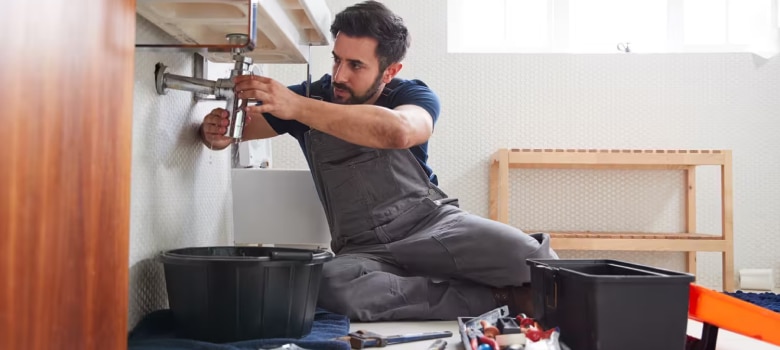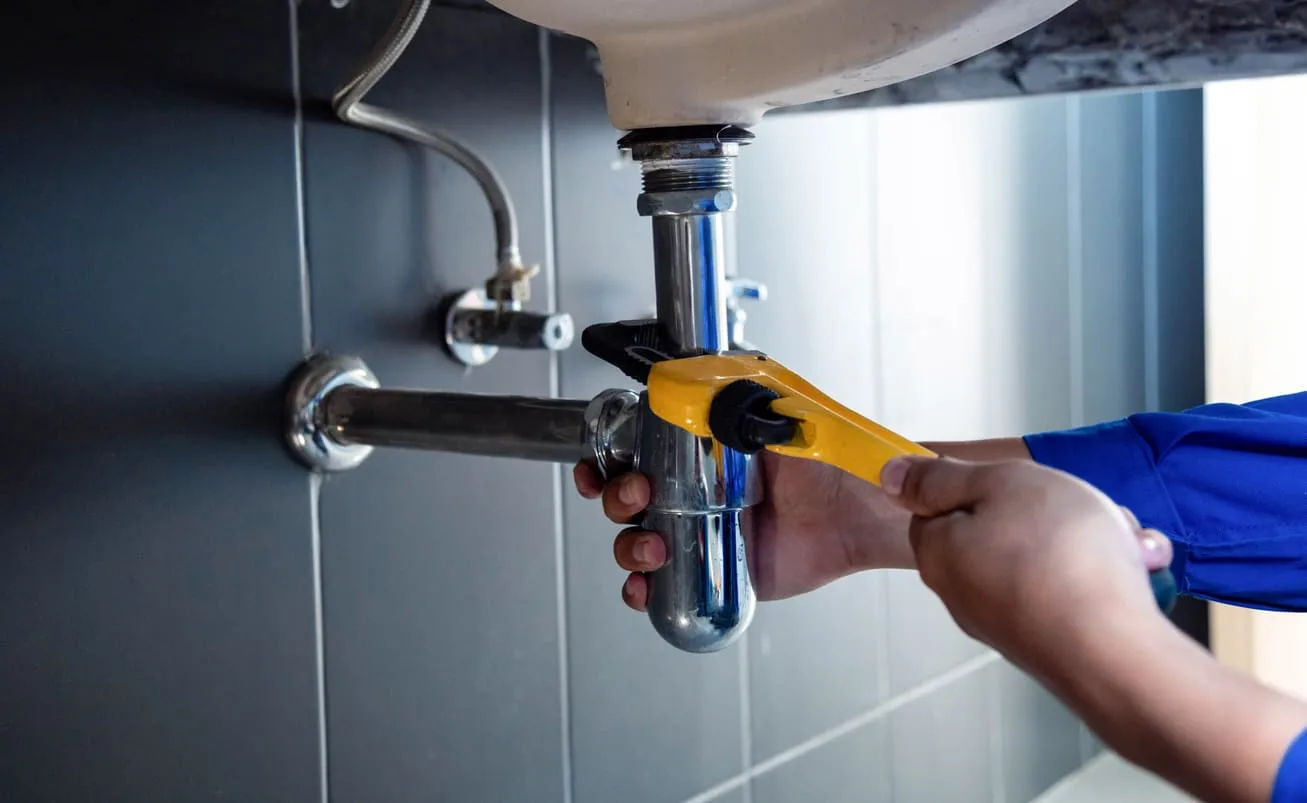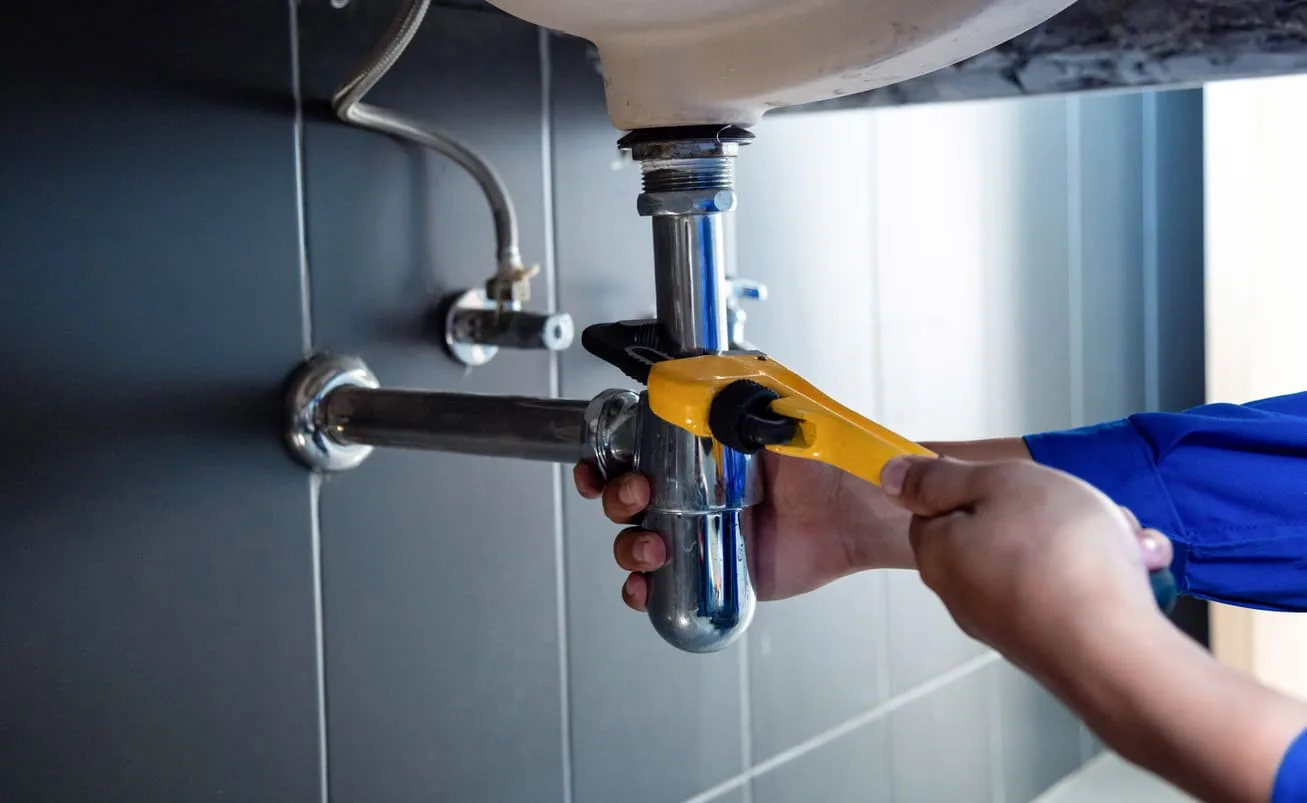When it comes to plumbing needs, the decision between hiring a licensed vs unlicensed plumber can significantly impact the quality and safety of the work performed. Whether you’re a homeowner ready to tackle a minor leak or a real estate developer planning a major construction project, understanding the pros and cons of each option is crucial. In this comprehensive guide, we’ll explore the key differences and considerations involved in making this important choice.

Understanding the Importance of Licensing
Licensing in the plumbing industry is more than just a formality. It serves as a guarantee of a plumber’s expertise and adherence to industry standards. A licensed plumber has undergone rigorous training and testing, ensuring they possess the necessary skills to perform the job safely and effectively. On the other hand, an unlicensed plumber may lack the formal training and credentials, which could lead to subpar work and potential safety hazards.
The Benefits of Hiring a Licensed Plumber
Expertise and Experience
Licensed plumbers have a wealth of experience and knowledge under their belts. They are well-versed in the latest plumbing techniques and technologies, making them adept at handling complex issues that may arise during a project. This expertise can save you time and money in the long run.
Compliance with Regulations
Plumbing work often requires compliance with local building codes and regulations. A licensed plumber is familiar with these requirements and ensures that your project meets all necessary standards. This compliance is crucial for avoiding costly fines and ensuring the safety and functionality of your plumbing system.
Insurance Coverage
One significant advantage of hiring a licensed plumber is the insurance coverage they provide. In the event of an accident or damage during the project, licensed plumbers typically carry liability insurance, protecting both themselves and their clients from financial loss.
The Risks of Hiring an Unlicensed Plumber
Lack of Accountability
Unlicensed plumbers may not be held to the same standards of accountability as their licensed counterparts. This lack of oversight can result in substandard work and potential legal issues if problems arise.
Potential for Higher Costs
While hiring an unlicensed plumber might seem like a cost-saving option initially, it can lead to higher expenses in the long run. Poor workmanship may require costly repairs or replacements, negating any initial savings.
Safety Concerns
Plumbing involves intricate systems that require precise handling. Unlicensed plumbers may lack the necessary skills and knowledge, increasing the risk of accidents and safety hazards. This can endanger both your property and the occupants within it.
Making the Right Choice
Assessing the Scope of Work
Before deciding between a licensed and unlicensed plumber, it’s essential to assess the scope and complexity of the work required. For minor repairs, an unlicensed plumber might suffice, but for major installations or renovations, a licensed professional is the safer choice.
Checking Credentials
Always verify the credentials of any plumber you consider hiring. Request proof of licensing and insurance, and check for any complaints or disciplinary actions against them. This due diligence can prevent future headaches.
Seeking Recommendations
Word of mouth remains a powerful tool for finding reliable professionals. Seek recommendations from friends, family, or colleagues who have had positive experiences with licensed plumbers. Online reviews and ratings can also provide valuable insights.
Conclusion
Ultimately, the decision between hiring a licensed vs unlicensed plumber hinges on your specific needs and priorities. While unlicensed plumbers may offer lower rates, the risks associated with their work can outweigh the benefits. For peace of mind and quality assurance, opting for a licensed plumber is often the wiser choice.

Frequently Asked Questions
What is the primary difference between licensed and unlicensed plumbers?
Licensed plumbers have undergone formal training and testing to earn their credentials, ensuring their expertise and adherence to industry standards. Unlicensed plumbers may lack this formal training and accountability.
Can hiring an unlicensed plumber save money?
Initially, hiring an unlicensed plumber may appear cost-effective. However, potential issues with quality and compliance can lead to higher expenses in the long term.
How can I verify a plumber’s credentials?
Request proof of licensing and insurance from any plumber you consider hiring. Additionally, check for any complaints or disciplinary actions against them through local regulatory agencies.
For further insights, consider reviewing resources on plumbing installation tips or explore the significance of plumbing design in earthquake zones.
This article contains affiliate links. We may earn a commission at no extra cost to you.




